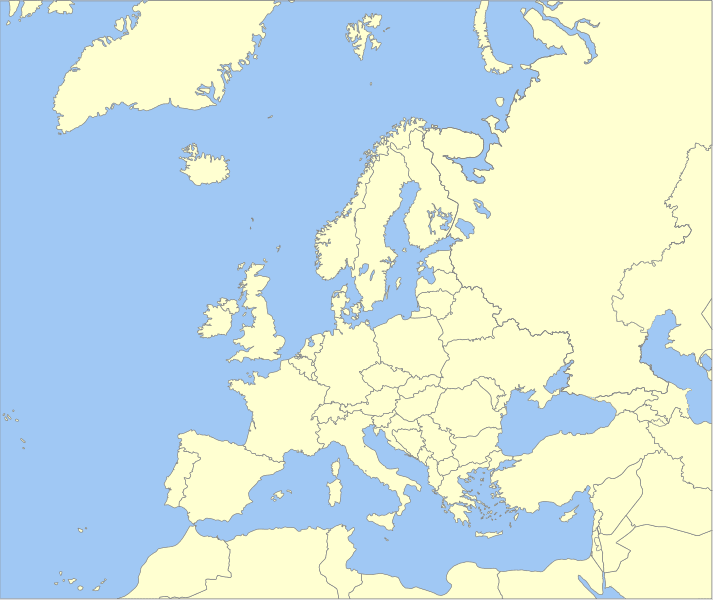- Dec 29, 2008
- 19,673
- 4,730
- 280
The United States urged Turkey on Wednesday to support more sanctions against Iran over Tehran's nuclear program, saying Ankara could face consequences if it moves out of step with the international community.
Assistant Secretary of State Philip Gordon, the State Department's top diplomat for Europe, said U.S.-Turkey relations were strong despite a row over a resolution by U.S. lawmakers branding the 1915-era killings of Armenians by Turkish forces as "genocide."
But he said Turkey, a non-permanent member of the U.N. Security Council that has been leery of the U.S.-led push to further punish Iran, must show it is "on board" with the move toward new sanctions.
"Many would be disappointed if Turkey is an exception to an international consensus on dealing with Iran," he told a news briefing before a speech on U.S. relations with Turkey, a fellow NATO member and pivotal regional ally to Washington.
"Turkey wants to be an important, responsible actor on the international scene. And I think joining the majority of the Security Council in doing this would reinforce that image," Gordon said.
"Not doing so would not contribute to that positive outcome ... I think that's a consequence."
The United States and other Western powers are seeking support new U.N. sanctions on Iran over its nuclear program, which they fear is a cover for developing atomic weapons.
But China, a permanent, veto-wielding member of the Security Council, along with non-permanent members Turkey and Brazil, have urged more time for diplomacy with Iran, which insists its nuclear program is purely for peaceful purposes.
He said the relationship was a two-way street and noted that Washington was a strong supporter of Turkey's bid to join the European Union, one of Ankara's chief goals.
"On nearly every issue that is critical to Turkey's future, the United States plays an enormously important role as a trusted friend and ally," Gordon said. The relationship, he added, "requires hard work and attention -- on both sides."
U.S. urges ally Turkey to join Iran sanctions push | Reuters











